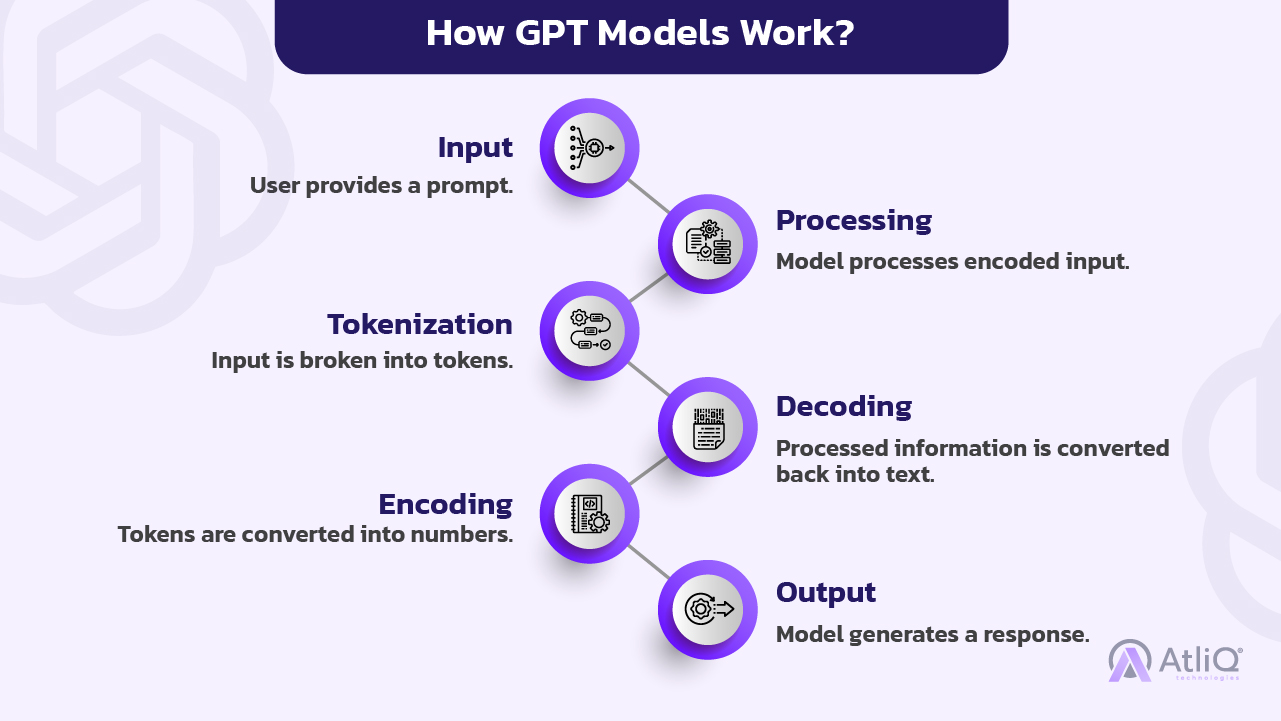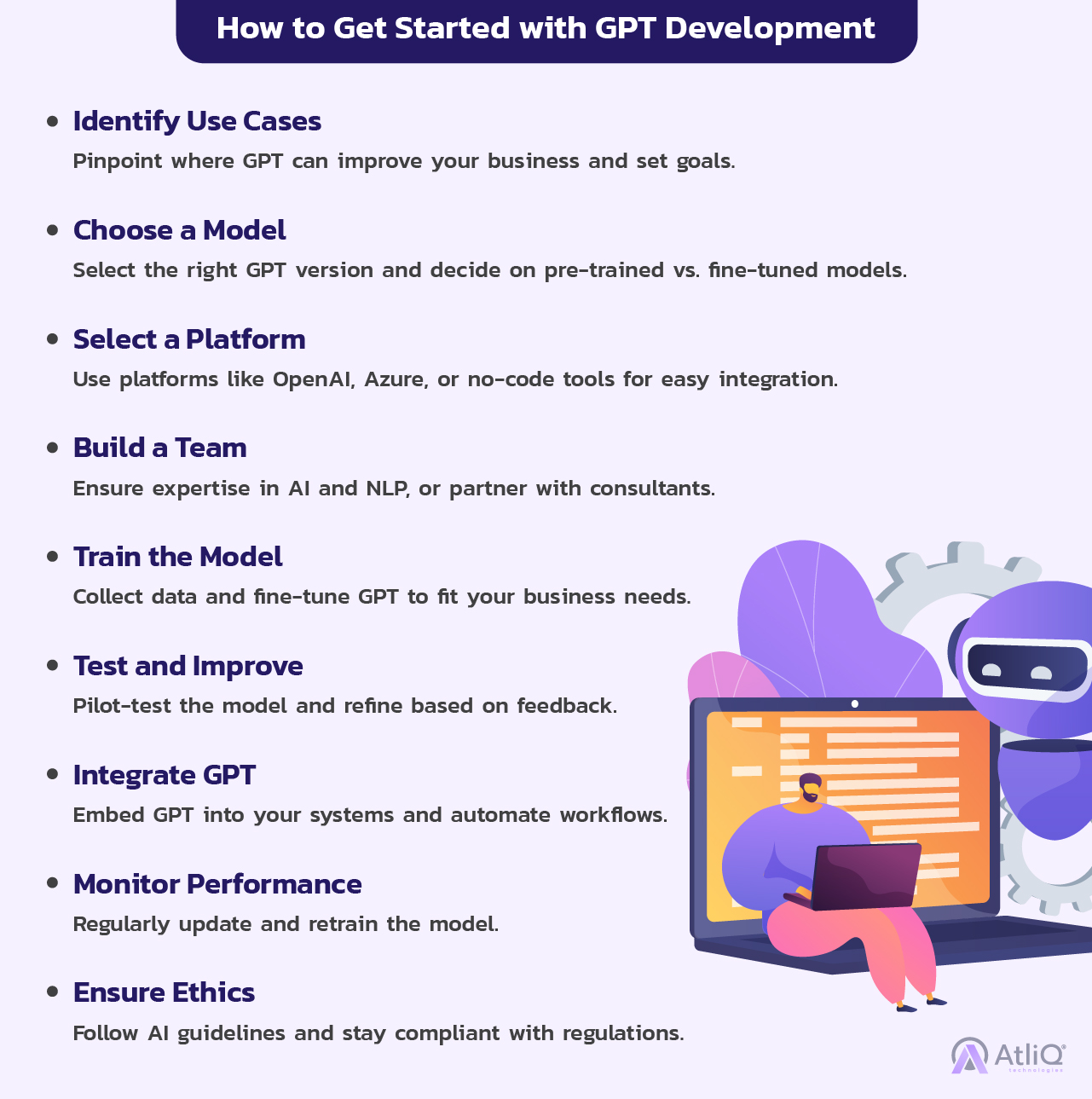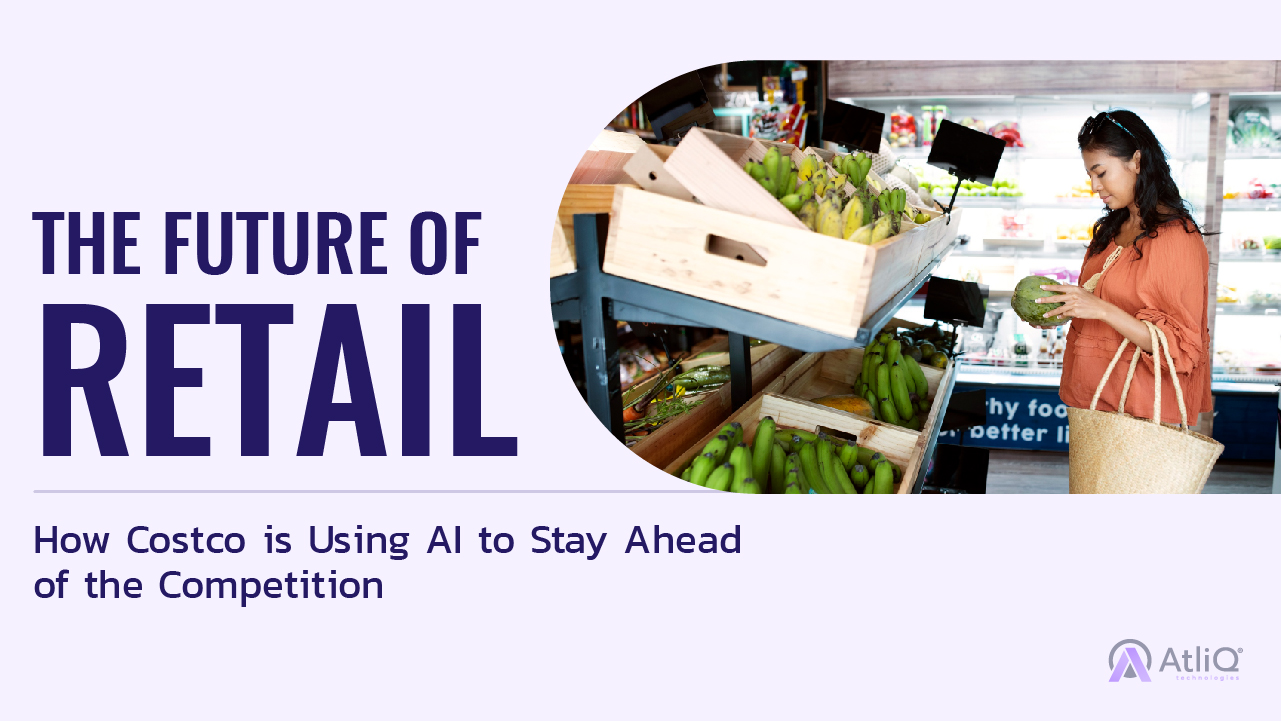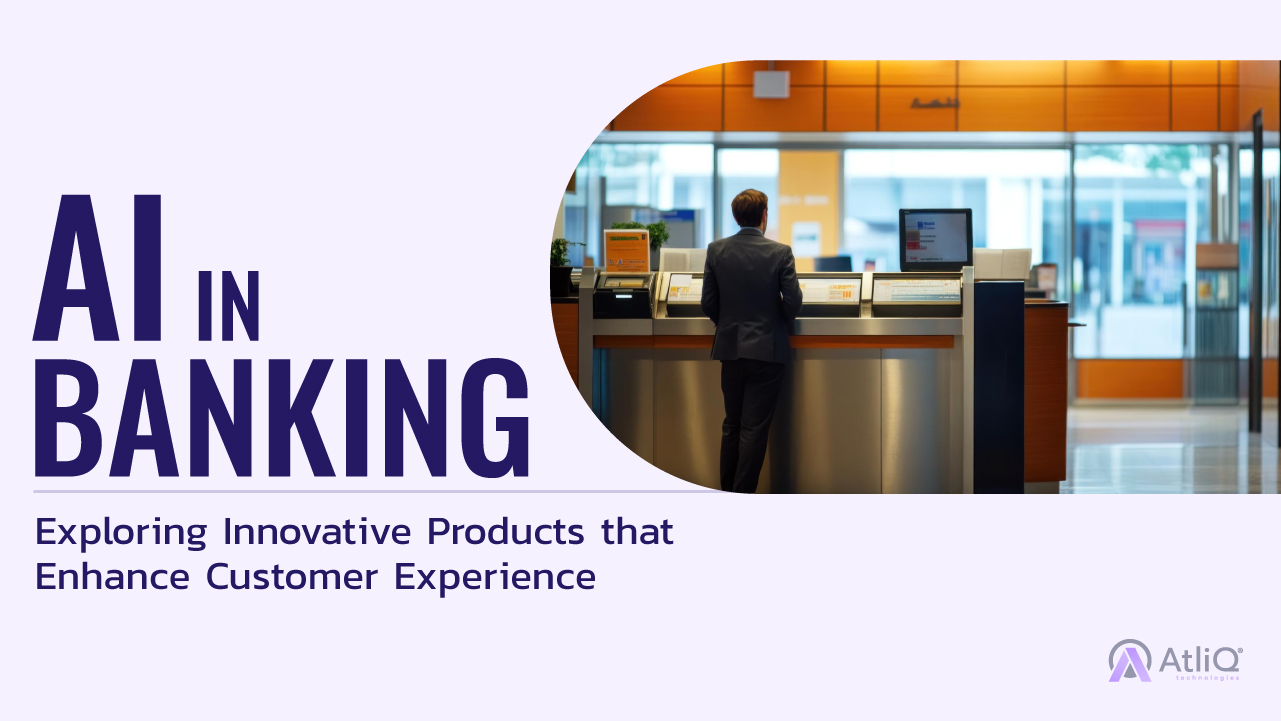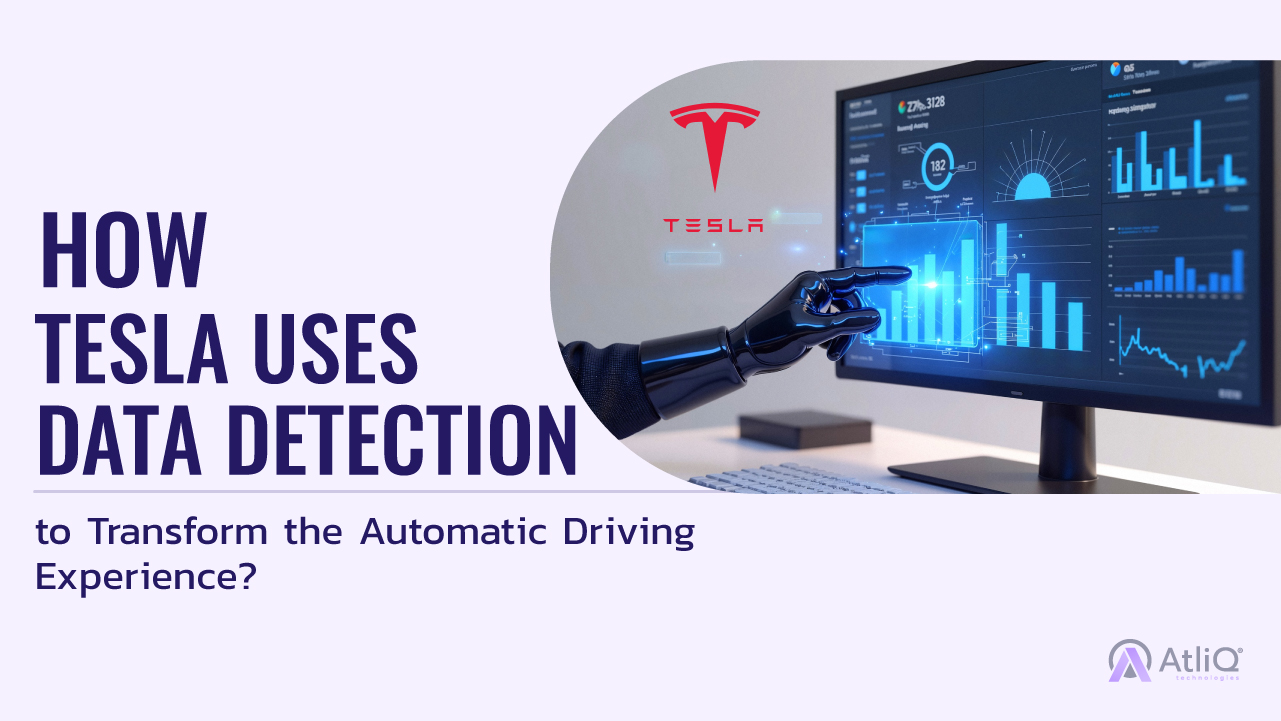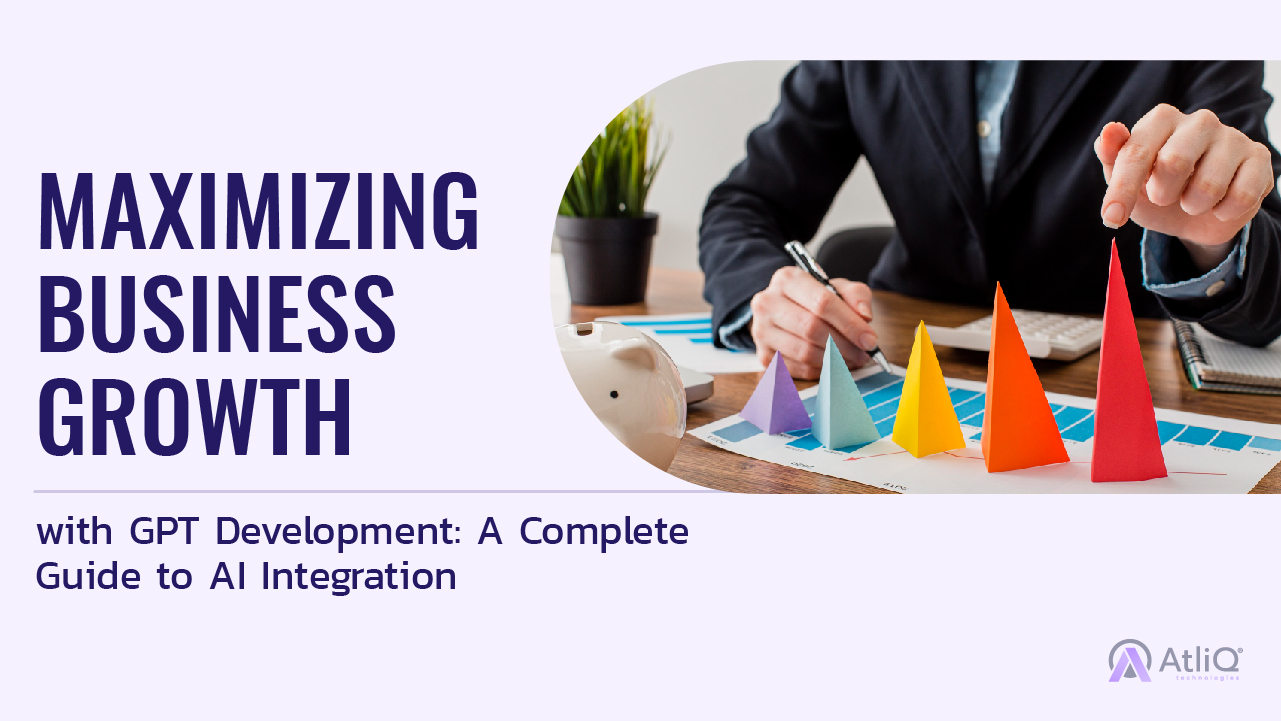
Enter GPT (Generative Pre-trained Transformer)—the AI technology that’s transforming how companies operate and grow. Imagine automating customer support, generating high-quality content instantly, and uncovering data insights that drive smarter decisions. No wonder experts predict AI could contribute a staggering $15.7 trillion to the global economy by 2030! Whether you’re a startup or an industry leader, GPT has the potential to supercharge your growth.
Ready to discover how this powerful AI tool can revolutionize your business
Understanding GPT Technology
What is GPT?
GPT, or Generative Pre-trained Transformer, is an advanced AI model designed to understand and generate human-like text. Developed by OpenAI, GPT leverages machine learning to process language, making it a versatile tool for tasks like content creation, customer support, and data analysis. Its ability to generate coherent, contextually relevant text sets it apart, helping businesses automate and enhance communication.
Applications of GPT in Business
The evolution of GPT models has opened up transformative applications for businesses, enabling them to streamline operations, enhance customer engagement, and leverage data-driven decision-making. Let’s dive into the key areas where GPT is having a significant impact on modern business practices:
-
Customer Support Automation:
Chatbots and Virtual Assistants: The use of GPT-powered chatbots and virtual assistants is reshaping the landscape of customer support. GPT’s natural language processing capabilities allow these AI tools to engage with customers in real time, simulating human-like conversations. By understanding and responding to customer queries, GPT-based systems can handle a wide range of tasks:
- Answering FAQs: Automatically provide answers to repetitive customer questions such as product availability, pricing, shipping details, etc.
- Technical Support: Guide users through troubleshooting steps or product setup.
- Lead Qualification: Chatbots can qualify potential customers by asking relevant questions, collecting information, and transferring high-quality leads to sales teams.
- Multilingual Support: GPT’s ability to handle multiple languages means businesses can serve a global audience without language barriers. These virtual assistants operate around the clock, providing uninterrupted support, reducing wait times, and improving overall customer satisfaction. Businesses save resources while maintaining high service quality.
Streamlining Customer Inquiries and Support: Traditional customer service can be bogged down by long response times, especially during high-demand periods. GPT automates the handling of large volumes of inquiries efficiently. AI-driven systems can:
- Instantly prioritize and route requests to appropriate teams based on the nature of the issue.
- Offer immediate solutions for common queries, such as tracking orders, processing returns, and issuing refunds, without human intervention.
- Escalate complex cases to human agents when needed, ensuring a smooth handoff with a detailed summary of the customer’s previous interactions. By automating repetitive tasks and inquiries, human agents are freed up to focus on more intricate problems, improving both productivity and the customer experience.
-
Content Creation:
Blog Writing, Social Media Posts, and Marketing Content: Content is the backbone of modern digital marketing strategies, and GPT can scale content production like never before. With GPT models, businesses can automate the creation of high-quality content across various formats:
- Blogs and Articles: GPT can generate informative, well-structured articles on diverse topics. Whether it’s SEO-optimized blogs or thought leadership pieces, AI can quickly produce drafts based on targeted keywords or a brief.
- Social Media Posts: Engaging social media content—tweets, captions, updates—can be generated instantly, ensuring consistent brand messaging across all platforms.
- Email Campaigns: GPT can craft personalized email content tailored to different audience segments, improving open and click-through rates for marketing campaigns.
- Product Descriptions: Automating product descriptions for e-commerce platforms at scale saves time while maintaining consistency and detail.
Automating Content Generation for Branding and Outreach: In addition to saving time, GPT ensures that content is aligned with brand voice and objectives. Through fine-tuning, the AI model can adopt a company’s tone, style, and values, enabling businesses to:
- Maintain brand consistency across all communication channels.
- Personalize outreach messages for different customer segments, creating more relevant and engaging content.
- Adapt content dynamically for marketing campaigns, providing fast turnarounds for promotions, newsletters, and updates. Automation with GPT also allows businesses to scale content efforts without sacrificing quality, ensuring a constant flow of fresh material for blogs, websites, newsletters, and social media outreach.
-
Data Analysis & Insights:
Summarizing Large Datasets and Generating Insights: In an era where data is an invaluable resource, the challenge lies in processing and interpreting it efficiently. GPT models can handle the analysis of vast datasets, summarizing key findings and insights in natural language. This makes complex data more accessible to non-technical teams. Key applications include:
- Customer Feedback Analysis: GPT can sift through customer reviews, surveys, and feedback to highlight recurring issues, common sentiments, and emerging trends.
- Financial Report Summaries: Quickly condense lengthy financial reports, presenting the most critical metrics, risks, and recommendations to decision-makers.
- Market Analysis: Analyze industry trends, competitor strategies, and consumer behavior patterns to provide strategic insights.
Enhancing Decision-Making Processes: Data-driven decision-making is key to staying competitive, and GPT plays a pivotal role by enhancing how businesses approach analytics:
- Real-time Insights: GPT can provide real-time summaries of performance metrics or trends, helping leaders make faster, informed decisions.
- Predictive Analysis: By processing historical data, GPT can assist with forecasting trends, customer demands, or potential risks, allowing businesses to proactively adjust strategies.
- Automated Reporting: Routine data reporting and generation of presentations or executive summaries can be automated, saving valuable time for business analysts and executives.
-
Product Recommendations & Personalization:
Using GPT for Personalized Customer Experiences: Personalization has become a critical factor in enhancing customer satisfaction and driving sales. GPT models can help businesses create hyper-personalized experiences by:
- Analyzing customer behavior such as browsing history, purchase patterns, and preferences.
- Generating personalized marketing content, such as emails, product suggestions, and offers, tailored to the individual user.
- Creating dynamic user experiences on websites or apps, where content, product recommendations, and even chat responses are tailored to each user’s preferences and interaction history.
Boosting Sales through AI-Powered Recommendations: AI-driven recommendation engines, powered by GPT, are capable of providing more accurate and effective suggestions to customers:
- E-commerce Optimization: GPT can suggest products based on a customer’s past purchases, browsing behavior, and trends, increasing the likelihood of conversions and upselling opportunities.
- Tailored Offers and Discounts: Personalized offers sent via GPT-driven marketing campaigns can increase customer retention and loyalty by making customers feel valued.
- Customer Engagement in Real-Time: GPT-powered systems can provide personalized product or service suggestions based on real-time interactions, helping to boost sales and deliver a more intuitive shopping experience.
Challenges and Ethical Considerations in GPT Deployment
Deploying GPT comes with potential risks, including AI bias, misinformation, and misuse of generated content. These challenges highlight the importance of responsible AI usage to ensure fairness, transparency, and accountability. Businesses must also address concerns around data privacy and security, as GPT systems often handle sensitive information. Ensuring compliance with regulations and implementing robust security measures are crucial for safeguarding data and building trust. Ethical AI practices, such as regular model evaluation and bias mitigation, are essential for minimizing negative impacts and ensuring AI benefits all users.
Successful Implementations of GPT
Several companies have leveraged GPT to streamline operations and achieve significant business growth:
- Customer Support Automation: Companies like Shopify use GPT-powered chatbots to handle customer inquiries, reducing response times and improving customer satisfaction. This has resulted in a 30% reduction in customer support costs.
- Content Creation: Marketing platforms like Jasper AI use GPT for content generation, enabling brands to quickly produce high-quality blog posts, social media content, and ads. This automation has led to a 40% increase in content output for some companies.
- Data Analysis & Insights: Financial institutions are using GPT to summarize large datasets and generate actionable insights, enhancing decision-making and reducing analysis time by up to 50%.
These case studies highlight measurable outcomes, including cost reduction, improved efficiency, and increased scalability through GPT-driven solutions.
Future Trends in GPT and Business Growth
As GPT technology continues to evolve, new capabilities are emerging that will further revolutionize business processes. Future advancements like multimodal GPT, which can process text, images, and audio simultaneously, will open new avenues for customer engagement, creative content generation, and more personalized experiences. AI-powered tools will become increasingly integrated into business decision-making, with predictive analytics and real-time data insights transforming how companies operate.
Looking ahead, AI-driven solutions will likely become essential in areas like strategic planning, product development, and customer service automation. To stay ahead, businesses must be proactive in adopting GPT advancements, investing in AI talent, and regularly updating their models. Prioritizing ongoing AI training and aligning GPT with evolving business goals will ensure long-term competitive advantage in a rapidly advancing technological landscape.
GPT development is transforming the way businesses operate, offering powerful tools for automating tasks, improving customer interactions, and driving innovation. From customer support automation to data analysis and personalized marketing, GPT opens new opportunities for growth across industries. By understanding how to leverage this technology, adopting responsible AI practices, and staying ahead of emerging trends, businesses can unlock GPT’s full potential. As AI continues to evolve, those who embrace GPT early and strategically will not only streamline operations but also gain a competitive edge, setting the stage for long-term success in a rapidly changing marketplace.
